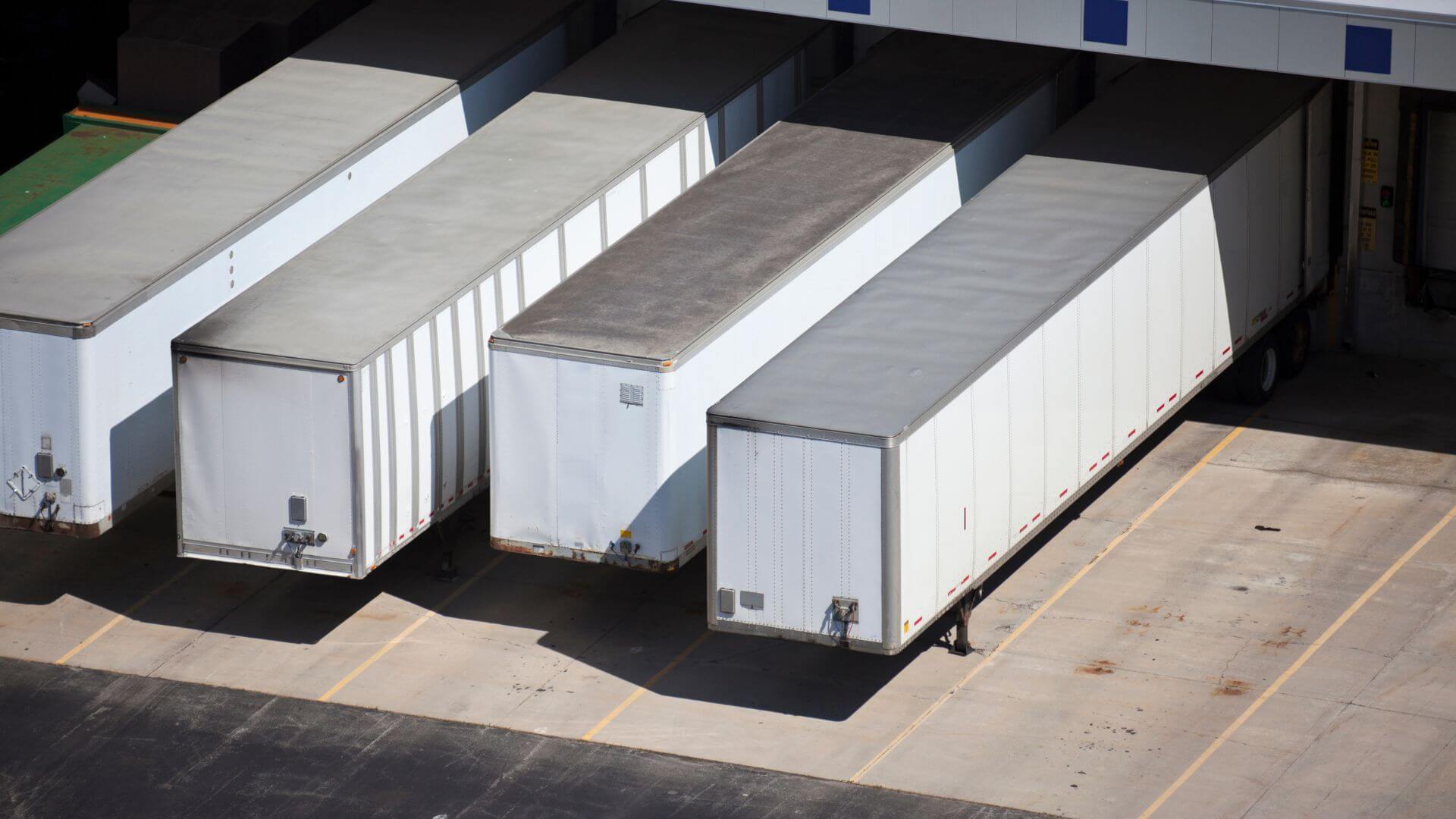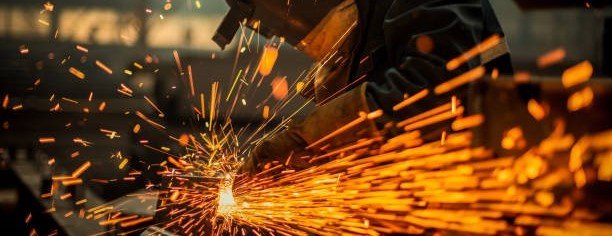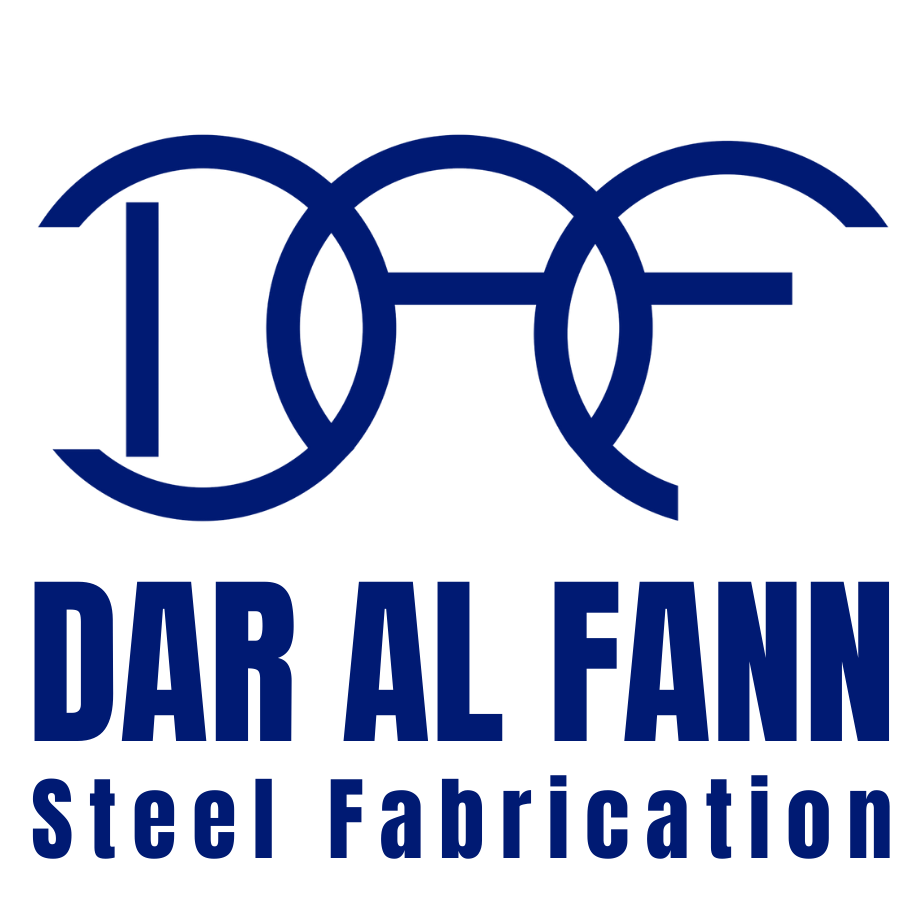
From Design to Installation: How Custom Fabrication Works
Custom fabrication is the process of creating metal structures and components precisely tailored to a specific application. It is essential in sectors like construction, logistics, oil & gas, and manufacturing?particularly in a growing industrial market like the UAE. But how exactly does the custom fabrication process work from start to finish? In this blog, we'll walk through every stage, from initial design to final installation.
1. Client Consultation and Requirement Gathering
The first step in any custom fabrication project is understanding the client's needs. This involves a detailed consultation to gather technical requirements, project constraints, usage conditions, and desired features.
- Site conditions: Indoor, outdoor, marine, desert, or industrial environment?
- Load requirements: What weight must the fabricated item withstand?
- Functionality: Is the component fixed, movable, collapsible, or integrated into other systems?
- Compliance: Are there specific standards to meet (e.g., RTA, OSHA, ISO, municipal regulations)?
This stage ensures a clear understanding of the scope before moving to the design phase.
2. Design and Engineering
Once the requirements are clear, engineers and designers translate them into technical drawings using CAD (Computer-Aided Design) software. Advanced fabrication companies in the UAE use 2D and 3D modeling tools to visualize the final product and run simulations for load, fit, and performance.
This phase includes:
- 3D Modeling: To ensure dimensional accuracy and functionality.
- Material Selection: Choosing appropriate steel, aluminum, or other metals based on usage and environment.
- Structural Analysis: Ensuring the design can handle required loads, stresses, and safety factors.
- Client Approval: Designs are reviewed and approved before fabrication begins.
3. Material Procurement and Preparation
After the design is finalized, materials are sourced based on the specifications. Quality materials are essential to ensure strength, corrosion resistance, and long-term durability.
Materials may undergo treatments such as:
- Cutting (using laser, plasma, or CNC machines)
- Bending or rolling (for shaping metal sheets or tubes)
- Surface cleaning and blasting (to remove rust and contaminants)
Materials are organized and labeled to streamline the assembly process.
4. Fabrication and Assembly
In this stage, raw materials are transformed into the designed components. Skilled welders, machine operators, and technicians work together to bring the drawings to life.
Common processes include:
- Welding: Joining parts securely using MIG, TIG, or arc welding methods.
- CNC Machining: Drilling, tapping, or shaping components with high precision.
- Fitting and Assembly: Assembling subcomponents to ensure correct alignment and structure.
Throughout this process, quality control checks are conducted to inspect weld integrity, dimensions, tolerances, and overall craftsmanship.
5. Surface Treatment and Finishing
To protect the fabricated item from corrosion and wear?especially in UAE's hot, dusty, and humid environment?it undergoes surface treatment and coating.
Options include:
- Powder Coating: Durable and attractive finish, ideal for weather resistance.
- Galvanizing: Zinc coating that protects steel from rust, essential for outdoor applications.
- Painting: Industrial-grade paints in client-specified colors or branding.
Finished surfaces are allowed to cure or dry completely before delivery or installation.
6. Quality Inspection and Testing
Every custom-fabricated item goes through rigorous inspection to verify compliance with design specs and performance standards.
- Dimensional checks using calipers and measuring tools
- Weld strength testing (visual, ultrasonic, or radiographic if required)
- Load testing for structural integrity
- Coating adhesion and thickness tests
Only after successful inspection is the product approved for delivery.
7. Delivery and Site Installation
The final phase is delivery and installation at the client's site. Depending on the complexity of the item, installation may involve anchoring, bolting, electrical connections, or integration with machinery or vehicles.
Fabricators often send a trained team to ensure correct installation and conduct final alignment and functionality tests on-site. Safety protocols are followed rigorously during lifting or mounting operations.
8. After-Sales Support and Maintenance
Reputable custom fabrication companies in the UAE also offer ongoing support, such as:
- Preventive maintenance services
- Spare parts and component replacements
- On-site repairs or retrofitting
- Warranty and technical support
This ensures long-term reliability and client satisfaction.
Why the UAE Relies on Custom Fabrication
In a region where construction, logistics, and infrastructure projects are expanding rapidly, custom fabrication offers a flexible, cost-effective, and future-ready approach to building tailored solutions. From architectural structures to transport platforms, the ability to design and build ?exactly what's needed? gives UAE businesses a competitive edge.
Conclusion
Custom fabrication is more than just welding steel?it's a structured process of transforming ideas into high-performance industrial solutions. From initial consultation and CAD design to fabrication, surface finishing, and installation, every stage ensures precision, safety, and functionality.
For businesses operating in the UAE's demanding environments, investing in professional custom fabrication is a smart move that delivers value, durability, and operational excellence.

